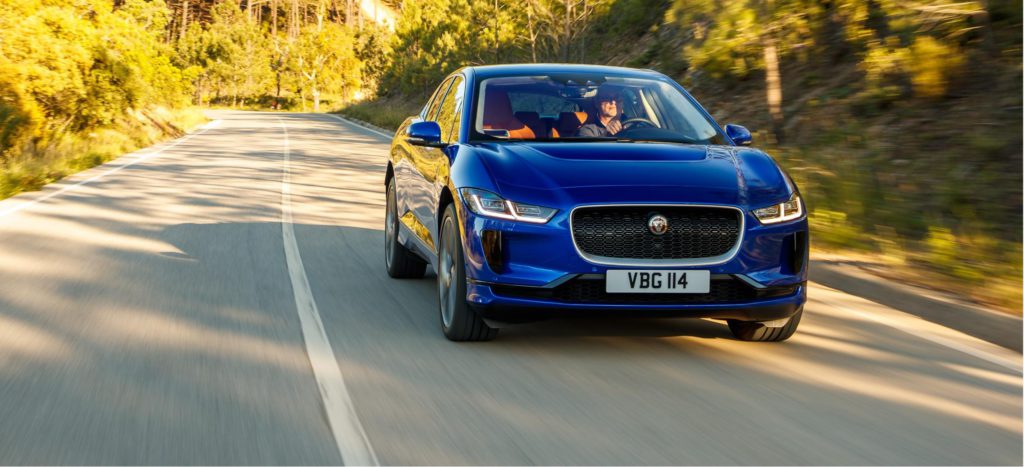JLR believes batteries are not suited to SUV models
01 October 2019

JLR believes batteries are not suited to SUV models
1 October 2019
Jaguar Land Rover (JLR) believes battery power is not the best solution for its largest SUV models as the carmaker moves towards its zero-emission future.
SUVs from all manufacturers have been some of the biggest sellers in the automotive market in recent years as drivers choose them for their size, stability and safety. However, the heavier platforms underpinning SUVs create a problem when building electric versions as they require a bigger battery pack. Similarly, their larger bodies create greater wind resistance.
′The larger the vehicle, the larger the aero challenge. If you’re not careful, you end up with such big batteries, and you make the vehicles so heavy that as you race down the autobahn, the range disappears,' Nick Rogers, JLR head of engineering, said at an event held at the company’s recently overhauled UK engineering and design centre in Gaydon, Warwickshire.
Jaguar offers the I-Pace SUV battery electric vehicle (BEV) and Land Rover is adding plug-in hybrid (PHEV) models to its range, but has yet to commit to a BEV.
Other technologies
The concerns over batteries and body shape, especially when it comes to Land Rover's range, which has never been overly aerodynamic, will potentially bring other technologies to the company's attention, according to Rogers. He suggested that hydrogen fuel cells would be ′something to look at.'
JLR appointed a head of hydrogen and fuel cells in March this year but has not yet announced any research initiative using the technology.
Rogers described hydrogen as a ′fantastic' solution because of its rapid fill-up times but said it remained problematic in terms of emissions. ′It only makes sense if you’re creating the hydrogen with renewable energy,' he said.
Partnership benefits
Earlier this year, JLR entered into a partnership with BMW, the two companies collaborating on electric drive units. The German carmaker is also collaborating with Toyota on fuel cells and will launch a test fleet of models based around the X5 and X7 SUVs in 2021.
Toyota is a leader in fuel-cell technology, recently announcing the second generation of its Mirai hydrogen model and the work it is doing with BMW could be of benefit to JLR.
Enhanced premises
JLR has unveiled new facilities at its Gaydon site, which has been designed to encourage collaboration throughout the entire vehicle development process. It includes a new design studio that brings Jaguar and Land Rover design together for the first time.
The enhanced Gaydon site forms part of the company's ′Destination Zero' mission. The focus is on achieving a future of zero emissions, zero accidents and zero congestion – across JLR's facilities as well as through its products and services.
′At Gaydon, we have invested into the future and an inspiring environment for our people. We have created the prerequisites that Gaydon can design and engineer the next generations of outstanding cars in highest quality. We have consciously invested with a ″Destination Zero″ attitude,' comments Ralf Speth, CEO of JLR.